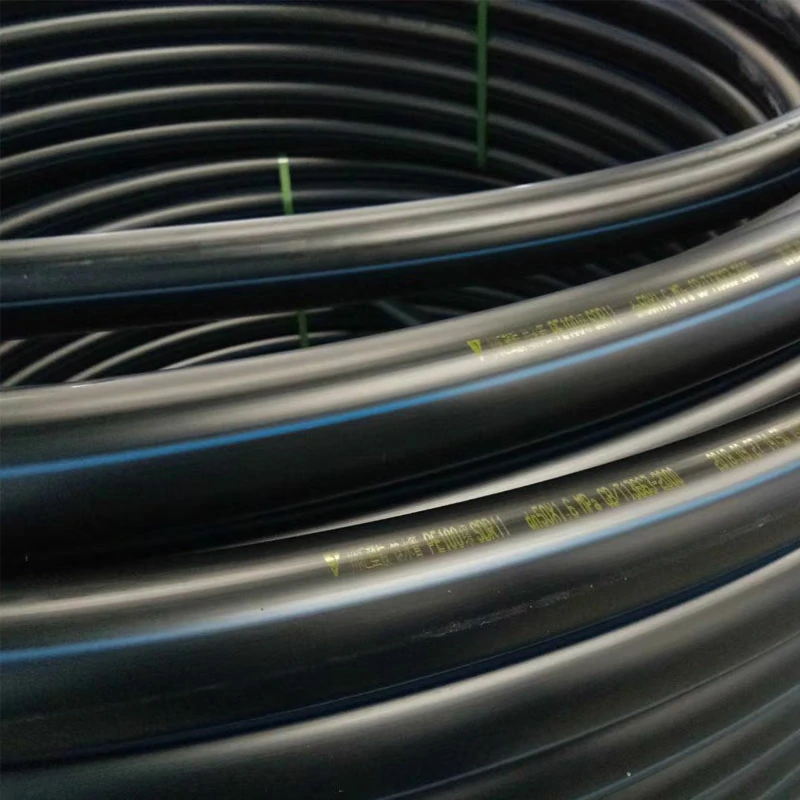Sep . 03, 2024 08:23 Back to list
hdpe pipe use product
The Versatility of HDPE Pipe Revolutionizing Various Industries
High-density polyethylene (HDPE) pipes have emerged as a vital component in various industries due to their impressive durability, flexibility, and corrosion resistance. These pipes are manufactured from a thermoplastic polymer, which gives them a wide range of applications in sectors such as water supply, sewage, gas distribution, and agricultural irrigation. In this article, we will explore the numerous benefits and uses of HDPE pipes and how they are revolutionizing infrastructure development.
One of the primary advantages of HDPE pipes is their remarkable resistance to chemical corrosion. Unlike traditional materials such as metal and concrete, HDPE does not rust or corrode, making it an ideal choice for transporting aggressive chemicals and wastewater. This property significantly extends the lifespan of the pipes and reduces maintenance costs, which is particularly beneficial for municipal and industrial applications.
The Versatility of HDPE Pipe Revolutionizing Various Industries
The applications of HDPE pipes span across numerous industries. In the municipal sector, they are widely used for drinking water supply systems. Their ability to maintain water quality by preventing leaching of harmful substances makes them a preferred choice for this application. Additionally, HDPE pipes are utilized for stormwater management systems, effectively addressing the challenges presented by urban flooding.
hdpe pipe use product

In agriculture, HDPE pipes are increasingly being adopted for irrigation systems. Their lightweight nature facilitates easy transport and installation, while their resistance to UV rays helps maintain durability in outdoor settings. This makes them particularly advantageous for drip irrigation and sprinkler systems, ensuring efficient water delivery to crops and reducing wastage.
The gas distribution industry has also embraced HDPE pipes for their safety features. They provide a reliable solution for transporting natural gas and other volatile substances, as they are less prone to leaks compared to traditional materials. The flexibility and ease of jointing further enhance their performance in gas distribution networks, reducing the risk of failure.
Moreover, HDPE pipes contribute positively to environmental sustainability. Their long lifespan and reusability mean less frequent replacements, which ultimately reduces waste. Additionally, the production of HDPE is more energy-efficient compared to other materials, making it a greener choice in engineering and infrastructure projects.
In summary, HDPE pipes have transformed various industries by offering durable, flexible, and cost-effective solutions for multiple applications. Their resistance to corrosion, lightweight nature, and adaptability make them a preferred choice for water supply, sewage, gas distribution, and agricultural irrigation. As industries continue to seek sustainable solutions, HDPE pipes are set to play an increasingly vital role in the development of robust and efficient infrastructure systems. The future looks bright for HDPE technology, as its benefits extend far beyond traditional piping systems, paving the way for innovation and sustainability across the globe.
-
High-Quality PVC Borehole Pipes Durable & Versatile Pipe Solutions
NewsJul.08,2025
-
High-Quality PVC Perforated Pipes for Efficient Drainage Leading Manufacturers & Factories
NewsJul.08,2025
-
High-Quality PVC Borehole Pipes Durable Pipe Solutions by Leading Manufacturer
NewsJul.08,2025
-
High-Quality PVC Borehole Pipes Reliable PVC Pipe Manufacturer Solutions
NewsJul.07,2025
-
High-Quality UPVC Drain Pipes Durable HDPE & Drain Pipe Solutions
NewsJul.07,2025
-
High-Quality Conduit Pipes & HDPE Conduit Fittings Manufacturer Reliable Factory Supply
NewsJul.06,2025

